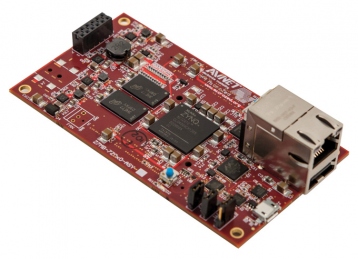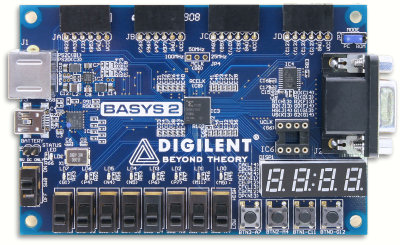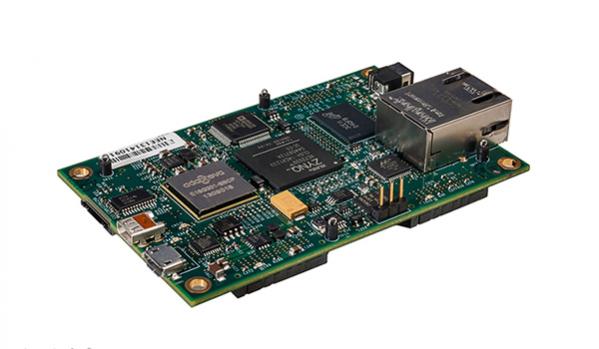Jump into Xilinx Programmable Logic today! I wanted to encourage my dear readers if you have not tried using an Xilinx FPGA (Field Programmable Gate Array) or even CPLD (Complex Programmable Logic Device) then it is worth your time to begin your evaluation. Maybe you got one for Christmas? If not, it is easier than you think to start exploring the wonderful world of Xilinx!

For many, even the non-nerdy folk, know what a CPU, GPU are etc… But the FPGA remains in the shadows at times, but I would like to highlight some suggestions that will allow you to, without much money and effort to enter into the World of Xilinx programmable Logic Devices. While Xilinx is certainly the world’s FPGA leader, with the Virtex-7, 28 nm a huge success, coupled with Zynq (Dual ARM devices and even a leg) and the 20nm UltraScale family, boasting 5500+ DSPs and 64 GT’s, things are looking wonderful for Xilinx. But maybe you don’t need all that horsepower and are just curious and want to learn more without a heavy investment of time and money.

So how do you try Xilinx Programmable Logic? To the outsider, things can feel scary, hearing things like VHDL, Verilog, Synthesis, Place and Route, Constraints, Timing Closure. In fact it can feel overwhelming. Well the good news is it is not as hard as one may think. Most of us in our FORTRAN, BASIC (or Abacus for some of you ;)) days had to write the ‘Hello World’ Program. The equivalent of the ‘Hello World’ for the Xilinx Programmable Logic in my humble opinion is the ‘blinking LED’. For the Blinking LED to occur, many successful steps were taught and caught and the LED winking at you will just propel you to want to learn more and more of the multidimensional world of Xilinx FPGAs.

Like anything new there is a learning curve but I am convinced that once you start playing with the Xilinx FPGAs you will have more ideas of designs that you would like to implement. The possibilities are endless as Xilinx FPGAs do not tie you down to any particular standard. You program or design the interface, you design the algorithms. It could be SPI, RS-232, PCIe, Fiber, 10,100 GbE feeding a video tracking algorithm for, well whatever tickles you’re fancy. The point is you can control more than just some functions, you own the space, the IO, the RAM, the DSP.
Today, you can get into a Xilinx board from $89 from Diligent, Avnet has the MicroZed for $199, and Adapteva has the Zynq based Parallella Board for $99. They come with the necessary software license to begin playing with your Xilinx FPGA board. What you’ll find is that you have a blank piece of canvas in the form of Silicon. What do you want it do? Once you are comfortable with the Xilinx FPGA board and the tool flow you’ll really be wondering why you did not do this sooner. There are literally unlimited resources, forums, groups that are creating a growing Xilinx FPGA community. So what will you create? Check outXilinx.com for more details on all there Programmable Logic Solutions and some of the aforementioned boards above to see what you may have been missing.
lang: en_US
Share this post via:









Quantum Computing Technologies and Challenges